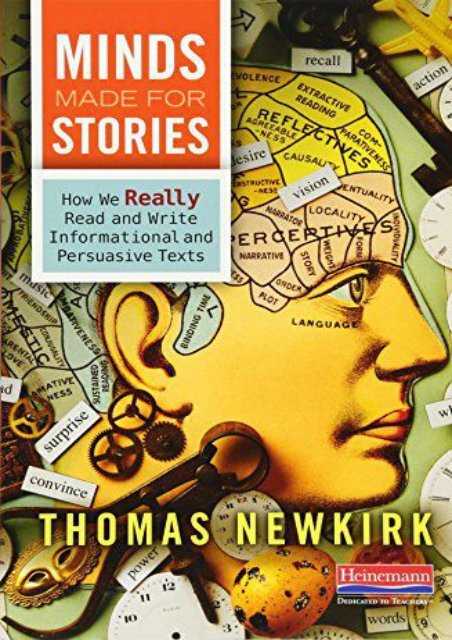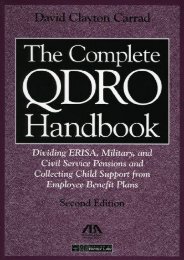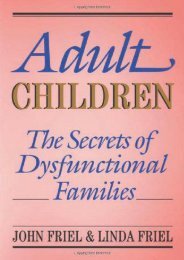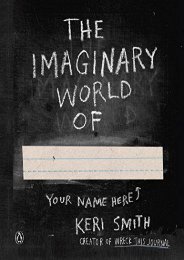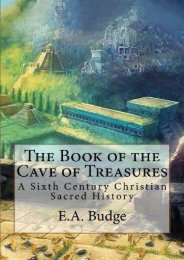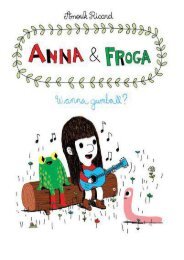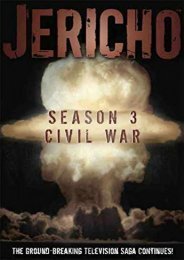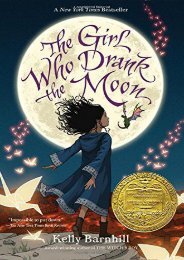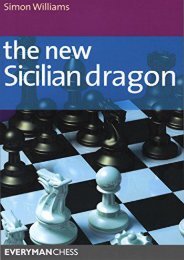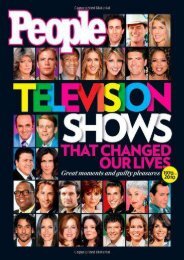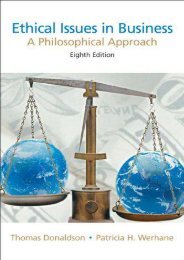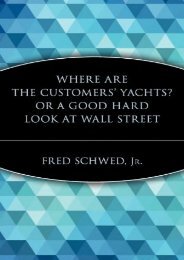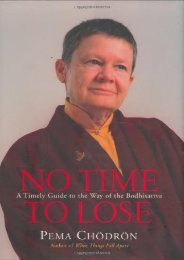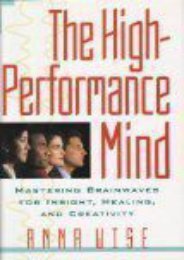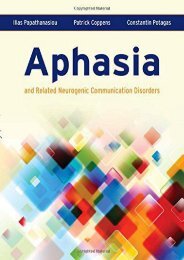Minds Made for Stories: How We Really Read and Write Informational and Persuasive Texts
Minds Made for Stories: How We Really Read and Write Informational and Persuasive Texts
Minds Made for Stories: How We Really Read and Write Informational and Persuasive Texts
You also want an ePaper? Increase the reach of your titles
YUMPU automatically turns print PDFs into web optimized ePapers that Google loves.
<strong>Minds</strong> <strong>Made</strong> <strong>for</strong> <strong>Stories</strong>: <strong>How</strong> <strong>We</strong> <strong>Really</strong> <strong>Read</strong> <strong>and</strong> <strong>Write</strong> In<strong>for</strong>mational <strong>and</strong> <strong>Persuasive</strong> <strong>Texts</strong> (Thomas Newkirk) In this highly readable <strong>and</strong> provocative book, Thomas Newkirk explodes the long st<strong>and</strong>ing habit of opposing abstract argument with telling stories. Newkirk convincingly shows that effective argument is already a kind of narrative <strong>and</strong> is deeply "entwined with narrative." --Gerald Graff, <strong>for</strong>mer MLA President <strong>and</strong> author of Clueless in Academe Narrative is regularly considered a type of writing-often an "easy" one, appropriate <strong>for</strong> early grades but giving way to argument <strong>and</strong> analysis in later grades. This groundbreaking book challenges all that. It invites readers to imagine narrative as something more-as the primary way we underst<strong>and</strong> our world <strong>and</strong> ourselves. "To deny the centrality of narrative is to deny our own nature," Newkirk explains. "<strong>We</strong> seek companionship of a narrator who maintains our attention, <strong>and</strong> perhaps affection. <strong>We</strong> are not made <strong>for</strong> objectivity <strong>and</strong> pure abstraction-<strong>for</strong> timelessness. <strong>We</strong> have literary minds" that respond to plot, character, <strong>and</strong> details in all kind of writing. As humans, we must tell stories." When we are engaged readers, we are following a story constructed by the author, regardless of the type of writing. To sustain a reading-in a novel, an opinion essay, or a research article- we need a "plot" that helps us comprehend<br />
specific in<strong>for</strong>mation, or experience the significance of an argument. As Robert Frost reminds us, all good memorable writing is "dramatic." <strong>Minds</strong> <strong>Made</strong> <strong>for</strong> <strong>Stories</strong> is a needed corrective to the narrow <strong>and</strong> compartmentalized approaches often imposed on schools-approaches which are at odds with the way writing really works outside school walls.<br />
<strong>Minds</strong> <strong>Made</strong> <strong>for</strong> <strong>Stories</strong>: <strong>How</strong> <strong>We</strong><br />
<strong>Really</strong> <strong>Read</strong> <strong>and</strong> <strong>Write</strong><br />
In<strong>for</strong>mational <strong>and</strong> <strong>Persuasive</strong><br />
<strong>Texts</strong>


